S. Korea, DPRK continue marathon talks for family reunion
Updated: 2015-09-08 09:36
(Xinhua)
|
||||||||
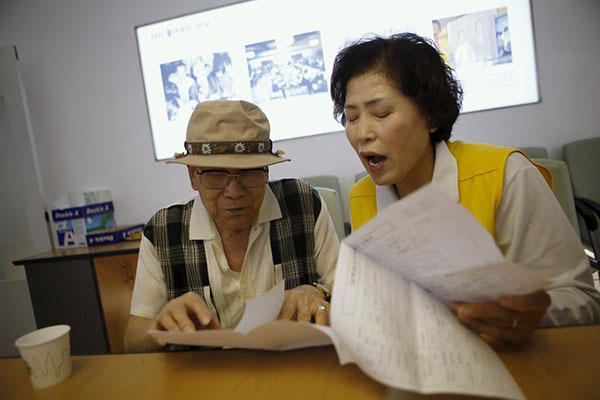 |
|
A South Korean man, who said he has family members living in North Korea, gets help to prepare a document for reunion, at the administration office for separated families in the Red Cross building, in Seoul, South Korea, Sept 7, 2015. [Photo/Agencies] |
SEOUL - South Korea and the Democratic People's Republic of Korea (DPRK) continued their dialogue early Tuesday as talks for the reunion of Korean families separated by the 1950-53 Korean War lasted for more than 14 hours.
Three delegates from each side launched the working-level Red Cross talks at about 10:50 a.m. local time Monday (0150 GMT) at the border truce village of Panmunjom. The marathon talks stretched into late night as of 1 a.m. Tuesday (1600 GMT Monday), an official at Seoul's unification ministry told Xinhua.
It was unusually prolonged as the working-level contact for the latest family reunion event, held in February 2014, ended in about four hours.
The Red Cross talks for family reunion came after top military officials of the two Koreas agreed in late August to defuse tensions caused by the exchange of fire and a landmine blast. The high-level talks had lasted for more than 40 hours.
South Korean chief delegate Lee Deok-haeng, executive committee member of Korean Red Cross, smilingly shook hands with his DPRK counterpart, indicating a bright outlook for the working-level dialogue, according to photos distributed by the unification ministry.
The talks were allegedly focused on the timing and venue for the reunion event, and differences emerged over when to hold it.
The South Korean side called for the humanitarian event to be held before the 70th anniversary of the founding of the Workers' Party of Korea (WPK) on Oct 10. The DPRK side claimed that it be held after the founding ceremony.
During the meeting, South Korea also called for regularly holding the reunion event, exchanging the list of all separated families who are alive, and allowing the families to exchange letters and hold video reunion.
Since the Korean War ended with an armistice in 1953, the two Koreas has technically remained in a state of war and the exchange of letters and telephone calls have been banned.
Almost half of about 130,000 South Koreans, who had applied for a reunion since 1988, passed away without a chance to meet their long-lost relatives.

 Aerial view of Yamzho Yumco Lake in Tibet
Aerial view of Yamzho Yumco Lake in Tibet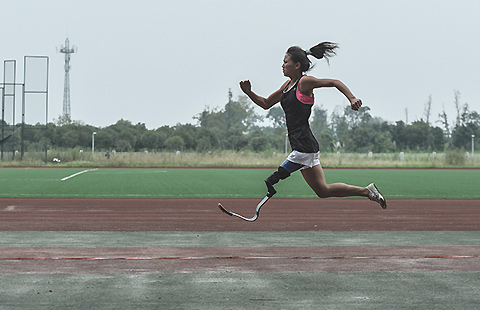
 Chinese 'blade runners' fight for sports dreams
Chinese 'blade runners' fight for sports dreams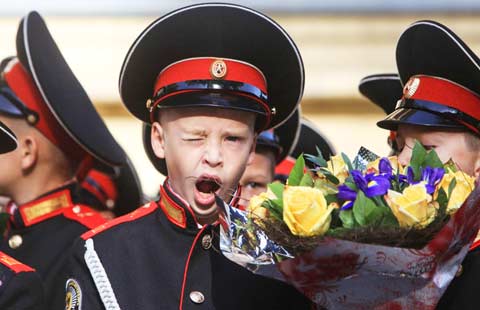
 The world in photos: Aug 31 - Sept 6
The world in photos: Aug 31 - Sept 6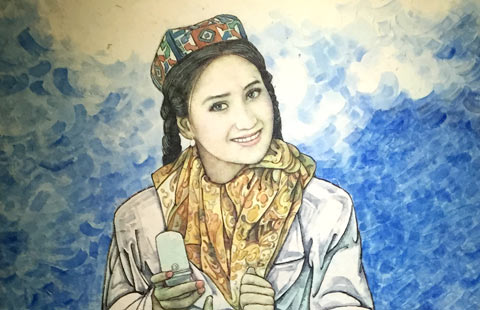
 Breath of fresh air for a 'living fossil'
Breath of fresh air for a 'living fossil'
 Learn to behave like a real noble
Learn to behave like a real noble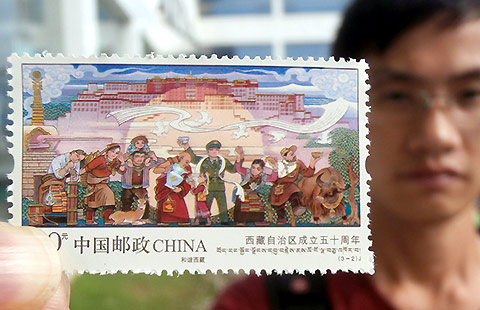
 50th anniversary of Tibet autonomous region
50th anniversary of Tibet autonomous region
 Red carpet looks at the 72nd Venice Film Festival
Red carpet looks at the 72nd Venice Film Festival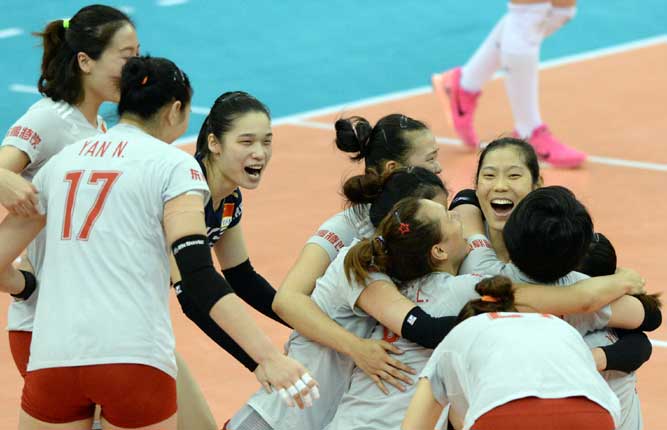
 China beats Russia in 4 sets at volleyball World Cup
China beats Russia in 4 sets at volleyball World Cup
Most Viewed
Editor's Picks

|

|

|

|

|

|
Today's Top News
Sarah Palin: Immigrants should 'speak American'
Germany frees up funds for refugees, speeds up asylum procedures
China 2014 GDP growth revised down to 7.3%
White paper on Tibet reaffirms living Buddha policy
China to introduce circuit-breaker for stock market
Austria, Germany open borders to migrants
Central government steps up economic support for Tibet
China economy enters 'new normal' eyeing 7% growth rate: G20
US Weekly

|

|







